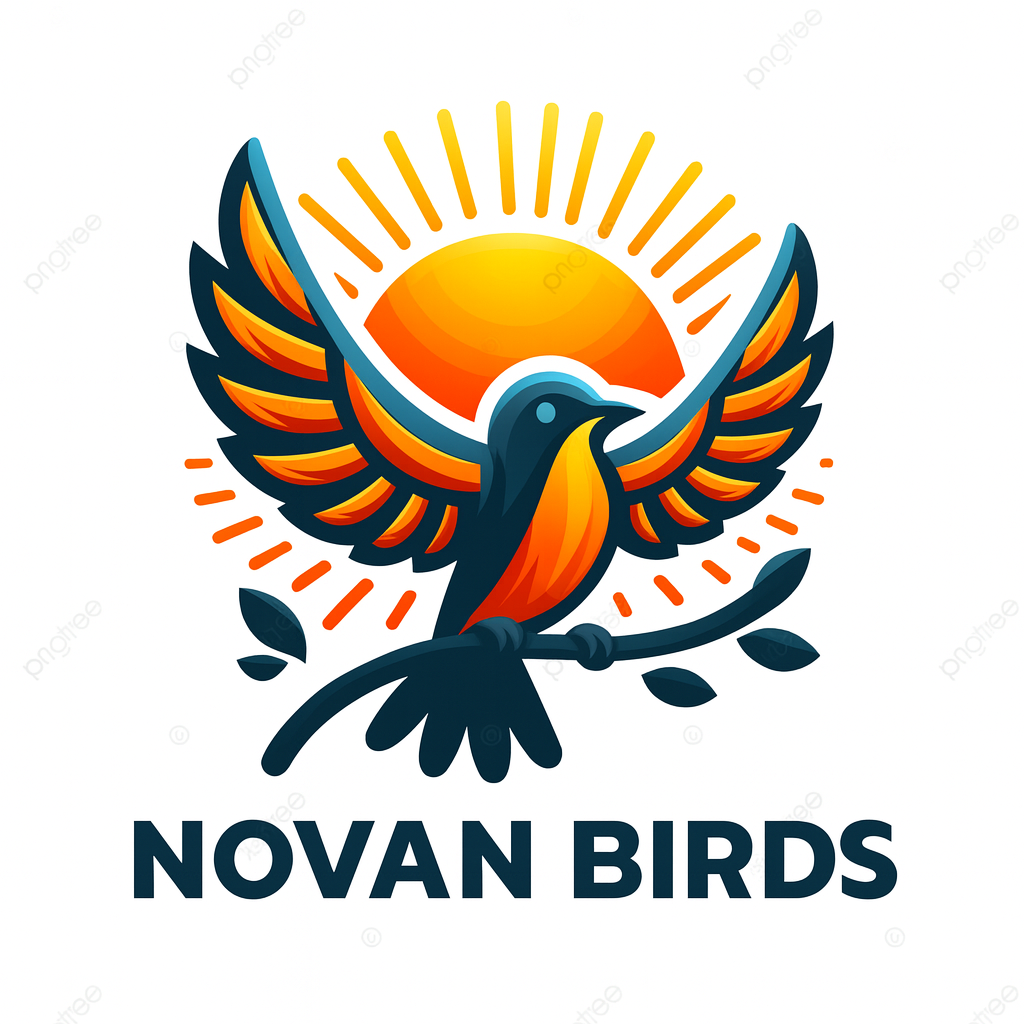Buy Turquoise Green-Cheeked Conure Online
The turquoise green cheeked conure is a mutation of the green cheeked conure (Pyrrhura molinae) or green cheeked parakeet or parrot found in wild in Brazil, Bolivia, Argentina and Paraguay, where it inhabits forests and woodland areas. The novice and the experienced bird owner alike will enjoy the green-cheeked conure as a pet.
Geography: South America – Brazil, Bolivia, Argentina and Paraguay
Song / Call: Owners love the green cheek for its relative quietness compared to other conures. It is not as loud or as frequent in its calling, but it will make some noise. Green-cheeked conures have been known to talk, and some are able to learn quite a few words, but they are generally not prized for their talking abilities.
Size: About 10″
Sexing: Monomorphic (visually hard to determine sex)
Life Span: 25+ Years
Temperament:The green-cheeked conure is a little clown, always full of antics. These birds love to hang upside-down and clamor along the cage bars, waiting for their owners to play with them. Green cheeks are mischief-makers, so keep an eye on your bird at all times. This is a good bird for children, as it is small enough for little hands to handle and is generally good-natured. However, realize that any bird can bite, and little fingers are tender. Green cheeks are not known to be nippy, and are particularly affectionate. Because green-cheeked conures are highly affectionate and love their owners intensely, they need an owner that is able to give them a great deal of time out of the cage.
Breeding: Green Cheek Conures are fairly easy to breed – average clutch is 4–6 eggs. Average incubation is 25 days, varying from 22 to 25 days. They are the quietest of the conures
Diet: 50% of a Conure’s diet should be washed veggies. Also, Lovebird/Conure Seed, Australian Blend Goldenfeast, Dried Egg Food, Cuttlefish Bone, Fruit Pellets, Nuts, and Washed Fresh Fruit.
Veggies: Spinach, Green Beans, Kale, Celery, Peas, Carrots, and Grape Vine Leaves.
Fruits: Apples, Kiwi, Blueberries, Strawberries, Grapes, Bananas, Figs, Mangos, Oranges seem to be the favorite fruits of Pineapple Green Cheek Conures. Buy Turquoise Green-Cheeked Conure Online
Shipping and Safety Travel Boxes
DNA Testing
If there is no gender option listed for a bird on our website, that particular species is ‘monomorphic’, which means we’re unable to determine gender without purchasing DNA testing. DNA testing is an additional $149 per bird to guarantee preferred gender. DNA testing may add an additional 3-6 plus weeks to estimated delivery time to allow for gender results. See our FAQs for more info. Buy Turquoise Green-Cheeked Conure Online
buy exotic birds for sale, buy finches for sale, birds for sale online, pet birds online, buy African grey for sale, buy exotic monkeys for sale, lilac crowned amazon for sale, buy bronze mannikin, buy counterfeit money for sale,buy counterfeit indian rupees for sale,counterfeit indian rupees for sale, fake indian rupees for sale, buy indian rupees online, buy adderall online, buy ambien zolpidem online, icals buy research chemic online, buy wood pellets for sale, buy scannable bills for sale, scannable counterfeit money for sale, buy undetectable counterfeit money, buy counterfeit money online, buy containers for sale, buy kittens for sale, buy roxicodone online, buy parrots for sale, k2 spices for sale, buy gbl for sale, buy pure gbl online, gbl for sale euro, buy synthetic cannabinoids online, buy k2 spice for sale, buy research chemicals online, buy cannabinoids for sale, buy research chemicals, buy counterfeit money online, pills for sale, buy counterfeit money for sale, ssd chemicals online, parrots for sale, synthetic cannabinoids for sale, wood pellets for sale, pharmaceutical pills online, buy research chemicals,, ssd chemicals online,
















